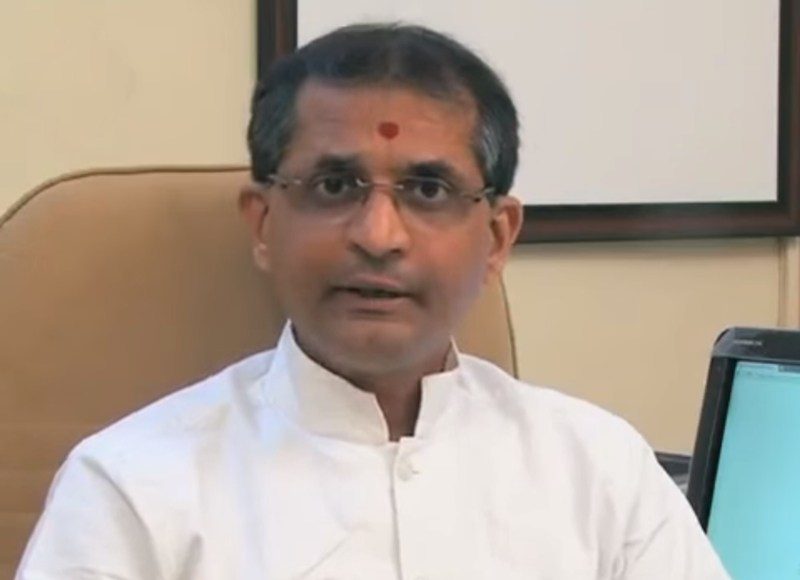
Soni's decision to resign has generated considerable interest and speculation regarding the implications for the UPSC and the broader civil services examination system. Soni, who was appointed to the position in 2021, has overseen a critical period of transition and challenges for the Commission. His tenure included overseeing the adaptation of the examination process to new educational and technological trends.
The UPSC, which is responsible for conducting prestigious examinations such as the Civil Services Examination, has been central to India's administrative recruitment. The Commission plays a crucial role in selecting candidates for the Indian Administrative Service (IAS), Indian Foreign Service (IFS), and other top government positions. The resignation of its Chairperson raises questions about potential shifts in policy or administration that may occur in the near future.
Soni’s departure comes at a time when the UPSC is facing increasing scrutiny over its examination processes and the fairness of its selection criteria. The Commission has been working to address concerns about the inclusivity and transparency of its procedures, which are critical in maintaining public confidence in its ability to select qualified candidates impartially.
During his tenure, Soni emphasized the need for reforms within the UPSC to adapt to changing educational standards and the demands of modern governance. His resignation leaves a gap in leadership at a time when the Commission is grappling with these significant issues.
The process for selecting a new Chairperson will be critical for the future direction of the UPSC. The appointment will be made by the President of India, and the choice will be closely watched by stakeholders within the civil services and the broader public. The new Chairperson will inherit the responsibility of guiding the Commission through ongoing reforms and addressing the challenges that Soni's resignation has brought to the forefront.
Soni’s resignation is also notable because it deviates from the norm of serving a full term, which is often seen as a marker of stability within the Commission. The early departure could potentially lead to disruptions in the implementation of ongoing initiatives and reforms that were in progress under his leadership.
As the UPSC prepares for this transition, the focus will inevitably shift to how the new leadership will handle the evolving demands of the civil services examination system. The Commission's ability to maintain its standards of excellence while adapting to new challenges will be closely monitored by all stakeholders involved.
The UPSC's role in Indian governance remains pivotal, and the selection of the new Chairperson will be a significant event in the Commission's history. The coming months will likely reveal more about the future direction of the UPSC and the steps taken to address the implications of Soni’s resignation.
